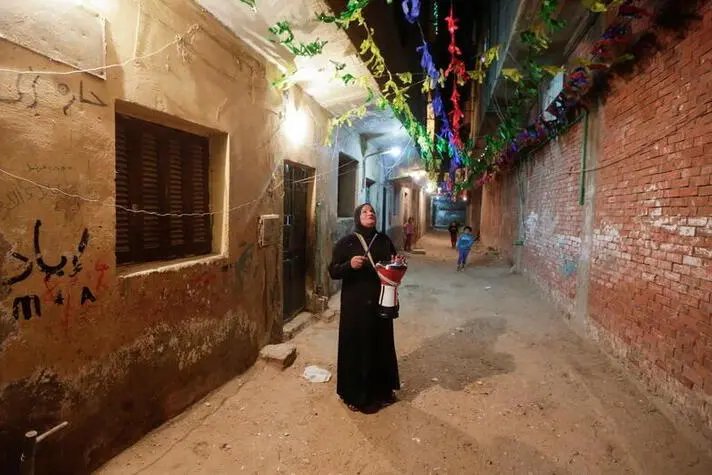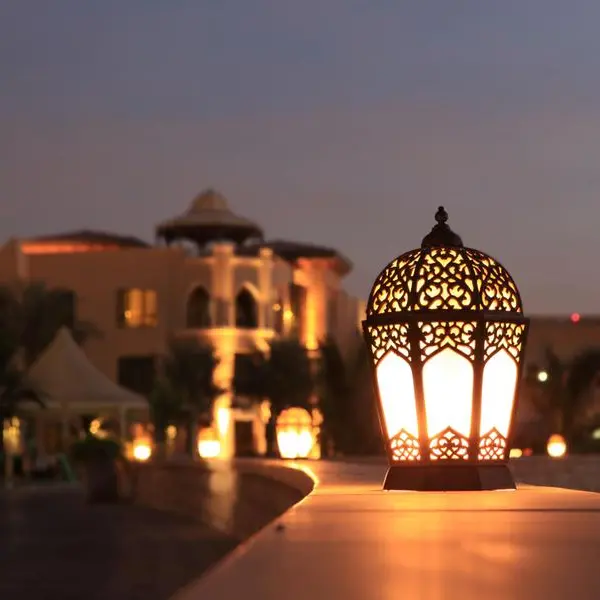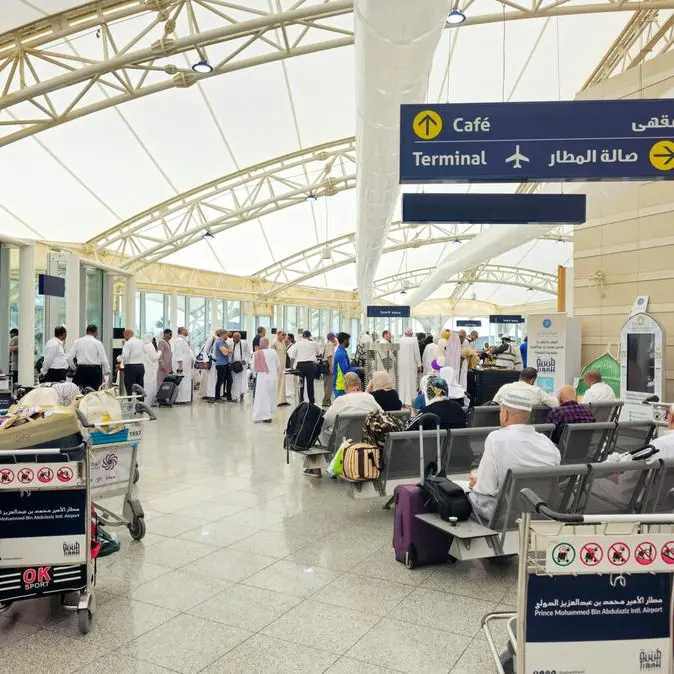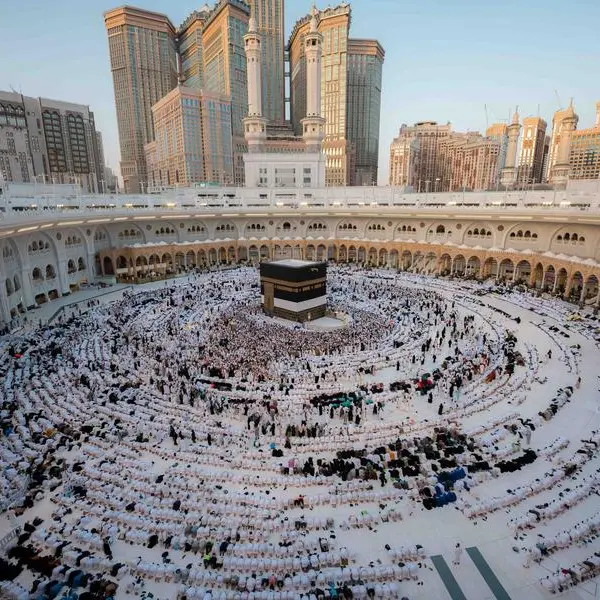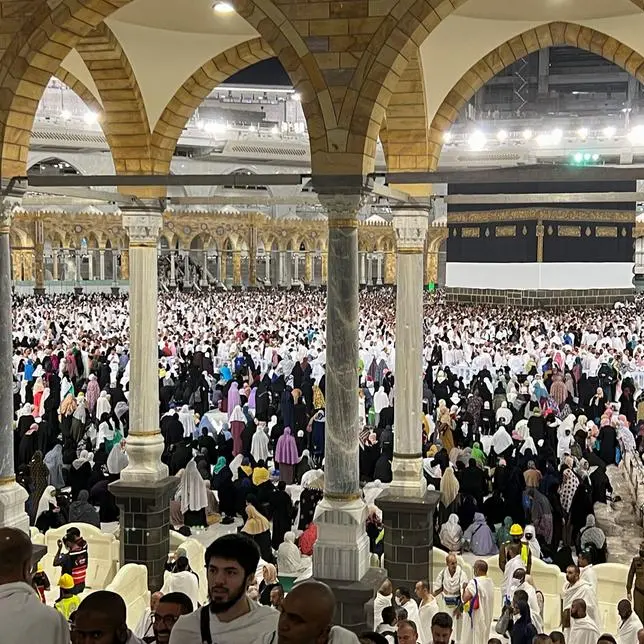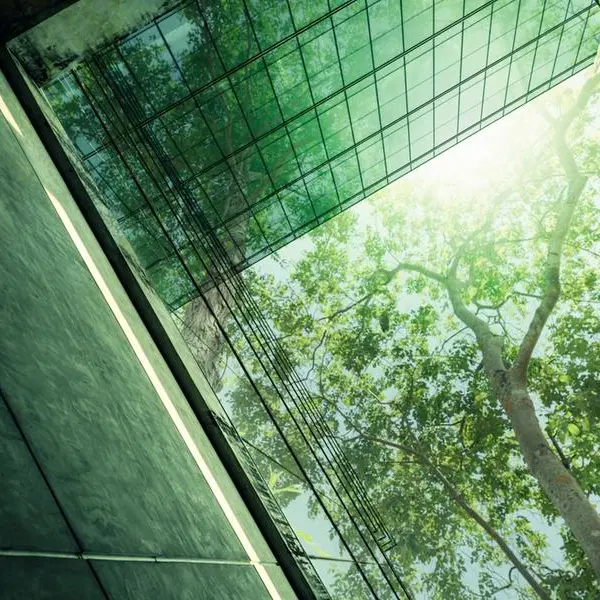PHOTO
In the days before alarm clocks became ubiquitous, Muslims had a unique way of waking up for suhoor, the pre-dawn meal during Ramadan. They relied on human callers, known as mesaharaties or Al Tabbeil (drummer), who would roam residential areas in the dead of night banging a drum and shouting, "Time for suhoor! Wake up!"
Abulla Al Jaffali, a former mesaharaty from the 1960s based in the UAE, recalls his important responsibility with fondness. "We were loud, but not annoying," he says. "People were completely dependent on us. I remember once I overslept and nobody in the neighbourhood could wake up for suhoor."
Although various devices exist today to remind faithfuls of the time for suhoor, the tradition of the mesaharaties remains etched in the memories of many. The Sheikh Mohammed bin Rashid Al Maktoum Centre for Cultural Understanding (SMCCU) in Dubai has taken it upon itself to revive this fading and culturally significant ritual.
Guests signing up for their Ramadan experience can watch a Tbailoh performance featuring none other than the legendary Al Jaffali himself.
The SMCCU has been breaking down cultural barriers from its historic Al Fahidi home since 1998, with the motto "open doors, open minds."
Connecting with Emirati heritage
The beautifully restored wind tower provides the perfect backdrop for a memorable evening of cultural immersion.
Guests are transported back in time with the Bedouin-style arrangements, complete with upholstered cushions that add to the ambience and give a traditional majlis vibe to the place
“Our Ramadan experience is an opportunity to not only break bread with locals but to also learn about Emirati customs and practices," said Mohammad Al Jassmi, cultural speaker and presenter at SMCCU.
"It is a chance to connect with our heritage and to gain a deeper understanding of the rich cultural tapestry that makes up the UAE.”
The evening begins Al Jassmi and his female counterpart Budoor, providing an introduction to Islamic beliefs and practices. As the sun sets and the call for Maghrib prayer echoes through the heritage site, guests are treated to Khalas dates and sambosa to break their fast, followed by the customary Arabic coffee, gahwa, served in tiny cups without handles.
Al Jassmi engages the audience, asking, "Does anyone know what your cups are called and why they are only half filled?" before providing the answer, "The cups are called finial, and they are not filled to the brim because, in our custom, serving a full cup is a diplomatic way of telling a guest that they are not wanted anymore."
As part of the Ramadan experience, guests are also taken on a guided tour of a nearby mosque, followed by a lavish dinner comprising a delightful assortment of Emirati dishes and desserts.
One of the highlights of the evening is the Q&A session. Al Jassmi and his team welcome all questions, no matter how sensitive, and provide informative and insightful answers. The session offers an opportunity for guests to gain a deeper understanding of Emirati traditions and customs and to engage in meaningful cultural exchange.
“There are no offensive questions. Guests are free to ask anything,” says Al Jassimi. “We encourage conversation. That’s our motto: Open doors. Open minds.”
Copyright © 2022 Khaleej Times. All Rights Reserved. Provided by SyndiGate Media Inc. (Syndigate.info).
